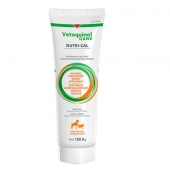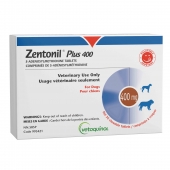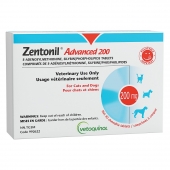It’s something every cat owner grows used to: a crescendo of unpleasant sounds that culminates in a nasty mess on the floor, followed by your furry friend walking away as if nothing happened. While vomiting hairballs is a common occurrence, it’s not always to blame for an upset stomach. Here’s what you should watch out for and know about cat vomiting.
When should you worry about your cat vomiting?
If your cat vomits either multiple times in a single day, two days in a row or more than three times in a month, contact your veterinary clinic for advice. Frequent vomiting is a common symptom of many serious health issues such as pancreatitis, chronic diseases, diabetes, kidney failure or hyperthyroidism, but the cause could also be benign. A trained professional can assess the situation and let you know if a clinic visit in order, or if implementing some simple measures at home could be enough.
Sometimes, a hairball is just a hairball
Cats use their tongue to groom themselves. Tiny hook-like structures on the surface of the tongue catch loose hair, acting like a brush. Hair is usually swallowed and passes harmlessly through your cat’s digestive system, but it may sometimes remain stuck in the stomach. When enough hair accumulates, the body expels it by vomiting a hairball. These typically have a thin, elongated or tubular shape.
Daily brushing removes loose hair, which means less of it ends up in your cat’s stomach, and therefore can help to keep hairballs under control. When this isn’t enough, high-fibre, specialized cat food can further help, while laxative products can ease the hair’s passage through your cat’s digestive system.
Cats eating too much, too fast
A cat vomiting frequently may simply be eating too much food and too fast. When the stomach expands too quickly, the body may react by regurgitating food. This usually takes place soon after feeding, without the telltale gagging and retching of coughing up hairballs. Regurgitated food should still be mostly formed, since it hasn’t been digested yet.
If you suspect this could be the cause, try feeding your cat smaller portions multiple times during the day. Find ways to slow down each meal, by using a puzzle feeder or by placing a large, non-edible object like a golf ball on their food plate. This will force your cat to eat around the item, requiring more time and effort.
Poisoning and food allergies
Cats are curious by nature and may consume toxic food or substances without you knowing, such as licking an antifreeze spill in your driveway or eating unattended food. They may also be allergic to specific ingredients in their pet food. Vomiting is a defense mechanism, allowing your cat to expel the dangerous substance. Repeated vomiting in a short period of time may indicate serious poisoning or that a foreign object is stuck in your cat’s stomach or intestine – consider this an emergency and contact your veterinary clinic immediately.






